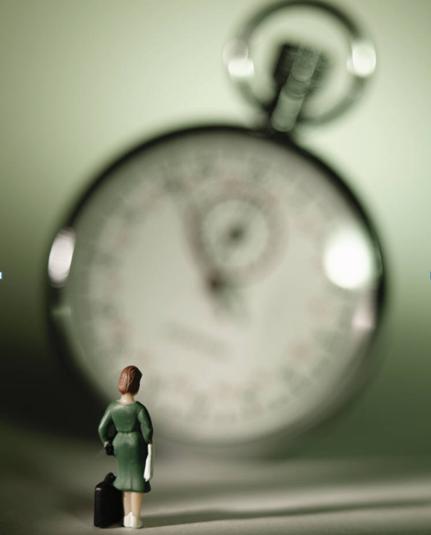
“What if your doctor, making use of a Web site that collected a number of tested geriatric scales, could enter information about your history and your health, and then predict with reasonable accuracy your odds of living another year, or four, or nine?
What if you, with a slight fib, could log onto that same site and find that information yourself?”

This is the start of Paula Span’s most recent New Old Age article in the NY Times titled ‘Figuring the Odds’. The question she poses to her audience is whether the general public should have access to geriatric prognostic indexes. This is not some farfetched proposal, but rather a discussion that is coming on anticipated launch a new website created by some GeriPalcontributors that will list 18-20 geriatric prognostic indexes.
Why bother with creating a website that can help with prognosticating? Well, although lots of geriatric prognostic indexes have been published, their use has been limited as there is no one place for health care providers to easily access them. The goals of this new service are to create a repository of published geriatric prognostic indexes where clinicians can go to obtain evidence-based information on patients’ prognosis.
But what about the general public? In its current form, the new website is only intended as a rough guide to inform clinicians about possible mortality outcomes. It is not meant to be used as the only basis for making care decisions, nor should it be viewed as a definitive means of predicting prognosis. As when using any prognostic tool, every patient should be considered as an individual, and other factors beyond those listed in the tool may influence a patient’s prognosis.
Will the general public understand this? For that matter, will physicians understand this?
So far the comments on the post are very pro open access. Nearly all feel that the general public is savvy enough to understand the nuances of prognostication. Here is an exerpt of one comment:
“Yes, as a reasonably educated woman in my early 70’s, I would definitely wish to have access to the site to help guide my own medical (and life) choices. My goal is to remain active and independent as long as possible, yet not burden our creaky medical system any more than necessary, I understand that the site deals in population statistics, rather than clairvoyance, and would be outraged if such potentially critical information were restricted to “medical professionals”…”
Do you agree? Share your opinion. Go to Paula Span’s New York Times article [click here] and comment.
by: Eric Widera



